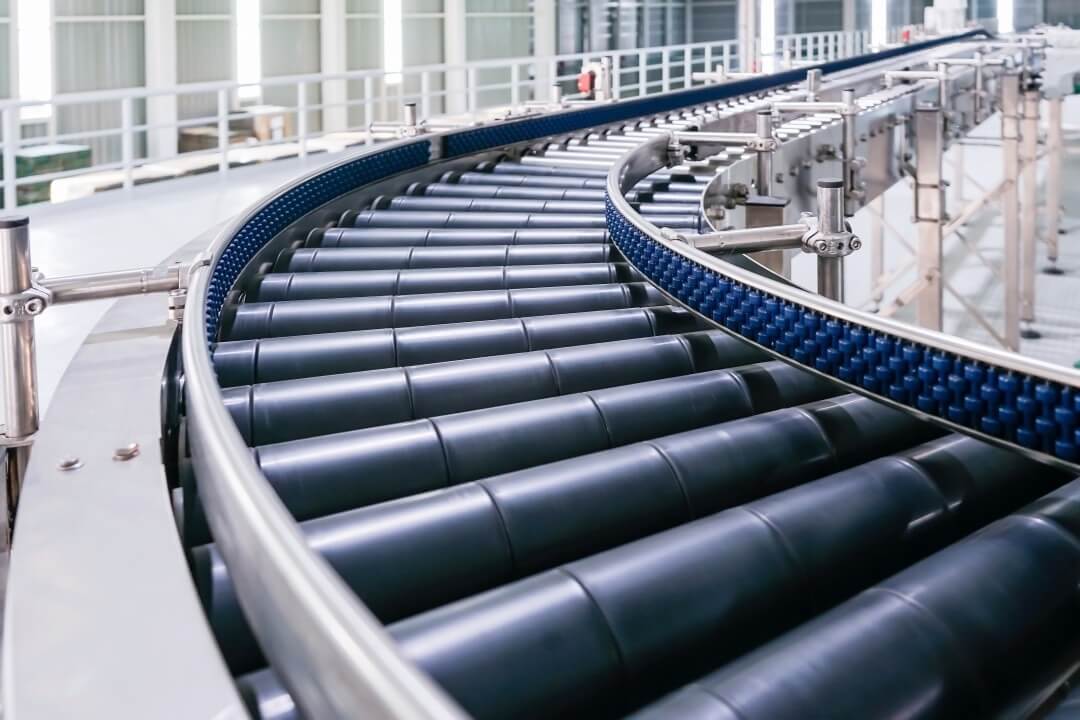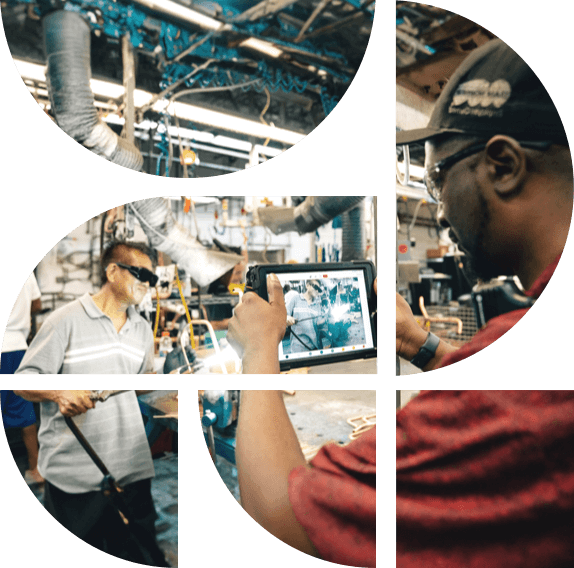Lesen Sie die inspirierenden Berichte von den Gesichtern der Fertigung: die Topmitarbeiter in der Produktion. Mehr erfahren
February 8, 2022

Every day, headlines splash newspapers, websites, blogs and posts regarding the manufacturing labor crisis. While many had their fingers crossed that an end to federal weekly unemployment benefits would result in an influx of applicants, the grim reality is, it didn’t move the dial and the number of unfilled frontline positions means orders are shorted and production lines lie idle while demand remains at all-time high for many food, beverage and CPG manufacturers. So when will this crisis end?
No time soon according to Deloitte who in conjunction with the Manufacturing Institute published a paper on the skills shortage in manufacturing. According to their research manufacturing is short some 500,000 skilled workers today, but that shortage will surge to 2.1M workers by 2030. The conclusion? If we think its tough now, the challenge to attract and retain frontline workers will only get tougher. Much tougher.
To have answers to the problem we first need to understand … why are we in this crisis? Covid-19 accelerated disruption within the manufacturing labor market, but the root cause is far more systemic:
New choices: For frontline workers, options for employment have never been greater. For many manufacturers the prospect of an Amazon distribution center opening in the region sends a shiver down the spine — 500,000 new Amazon workers were recruited in 2020 alone. Amazon is draining the labor pool with an increasingly attractive paycheck and benefits now including funding education…it’s hard to compete with. The gig economy — including ride share and delivery jobs — continues to create 100,000’s of new jobs with the promise of flexibility and independence. In short, frontline workers have more options than ever and one bad shift today may result in an empty slot on the production line tomorrow.
The great generation shift: Historically, the core of the manufacturing workforce was the Baby Boomers. This generation has been drawn to job security, a steady paycheck and good benefits. They are loyal and hardworking, but retiring increasingly year after year, with the vast majority out of the workforce altogether by 2030; the ‘silver tsunami’ is happening. With a shift towards Millennials leading the workforce, their short- and long-term job needs differ vastly and we must recognize them. Despite the belief that pay is a top requirement, more important for millennials is career growth, an engaging work culture, job progression, and recognition.
An image problem: Manufacturing isn’t perceived as ‘cool’ to the ‘now generation’. With a generation who grew up intertwined with technology, walking out on a plant floor with paper check sheets, 3 binders of work instructions and no digital identity or way of communicating is an alienating experience that re-enforces this perception. Until manufacturers can start to adjust this perception, attracting this next generation will be a challenge.
In the eye of the storm, manufacturers have scrambled to increase pay and the ‘signing bonus’ has become ubiquitous; what started as $500 has rapidly escalated into the $1,000’s — a race to the bottom. Rather than solving the problem, this is a Band-Aid approach. Our research indicates these measures make no impact on retention. In fact, the Manufacturing Institute just released a study showing that pay ranks 14th on the list for why workers stay at a company. What ranks #1? Manufacturing workers stay when they enjoy the work.
Not all manufacturers will succeed in this environment but the ones that are, are playing the long game, purposefully re-thinking and investing in the frontline employee experience. They understand this generation of workers better and see this as an opportunity to align to their needs; dignity at work, a voice that is heard, a feeling of competency, the chance to make a difference, a path to progress in the organization and are putting digital technology in the hands of their frontline teams as an enabler that modernizes their operations and differentiates that employee experience. To build this kind of culture requires commitment from the top of the organization and in turn creates a fly wheel where people are excited to come to work; they become more productive and profitable as a result. Is it time to re-think the way your frontlines are working?
Kontaktieren Sie uns und lassen Sie uns gemeinsam noch heute Ihre Fertigung stärken und Ihren Gewinn steigern.
